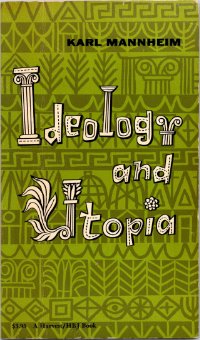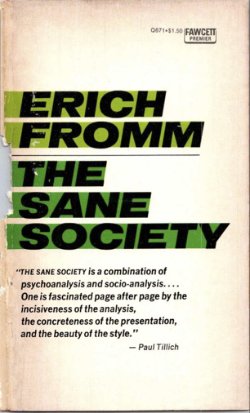United States. Department Of Defense;
From the document: "This report covers unidentified anomalous phenomena (UAP) reports from May 1, 2023 to June 1, 2024 and all UAP reports from any previous time periods that were not included in an earlier report. The All-domain Anomaly Resolution Office (AARO) received 757 UAP reports during this period; 485 of these reports featured UAP incidents that occurred during the reporting period. The remaining 272 reports featured UAP incidents that occurred between 2021 and 2022 but were not reported to AARO until this reporting period and consequently were not included in previous annual UAP reports. AARO resolved 118 cases during the reporting period, all of which resolved to prosaic objects such as various types of balloons, birds, and unmanned aerial systems (UAS). As of May 31, 2024, AARO has an additional 174 cases queued for closure, pending a final review and Director's approval. As of the publishing date of this report, all 174 cases have been finalized as resolved to prosaic objects including balloons, birds, UAS, satellites, and aircraft. Many other cases remain unresolved and AARO continues collection and analysis on that body of cases. It is important to underscore that, to date, AARO has discovered no evidence of extraterrestrial beings, activity, or technology. None of the reports AARO received during the reporting period indicated that observers suffered any adverse health effects."
United States. All-Domain Anomaly Resolution Office. 14 NOV, 2024. 18p.




















